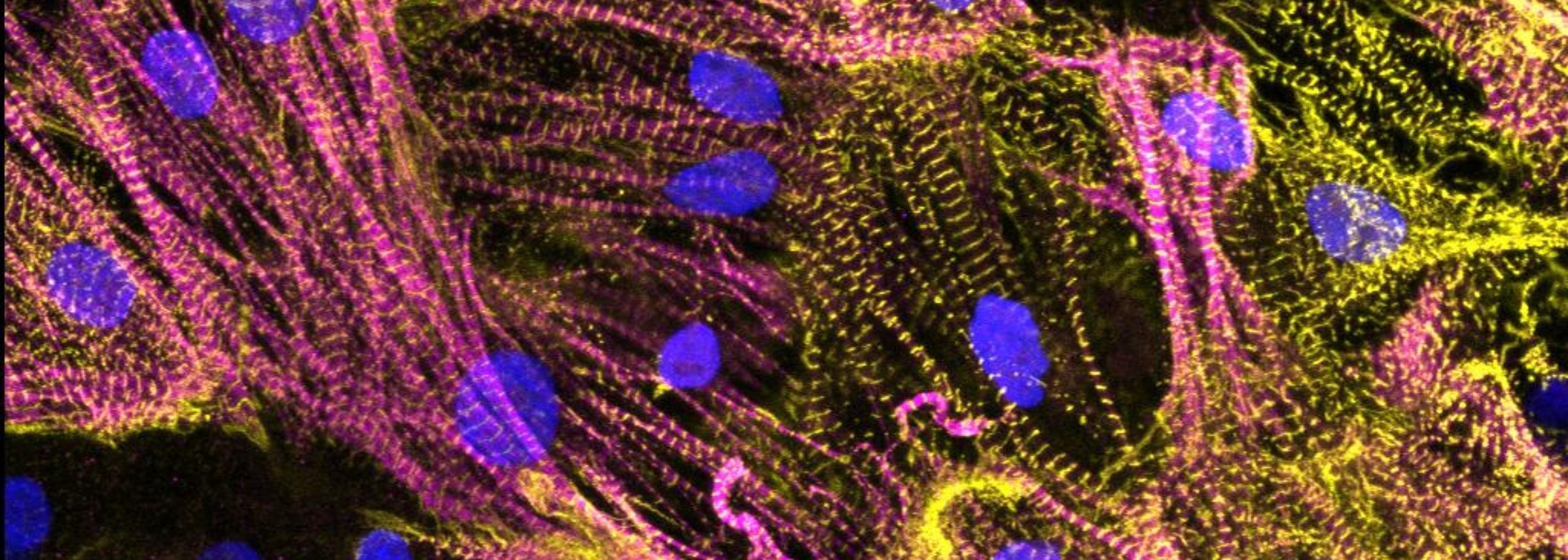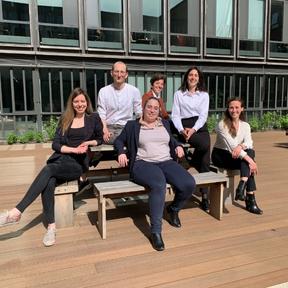In this recurring section “Drijfveren”, scientists explain what motivates them to go against the current and develop animal-free alternatives. This time it is up to dr. Harsha Devalla, researcher at the AMC Amsterdam, and the face of Anya Biotech, a research start-up focused on creating human heart cell models.
Anya Biotech is the winner of the Proefdiervrij Venture Challenge 2022. During this challenge, six teams of researchers, are guided in setting up a venture plan, in which their scientific breakthrough in the life sciences is converted into a solid business case.
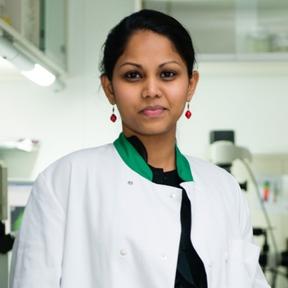
Anya Biotech: Animal-free human models for heart research
Anya Biotech is a new start up aimed at developing effective treatments for diseases that affect the rhythm of the heart. The unique aspect of this venture is the use of animal-free human models for heart research. The team of Anya Biotech consists of dr. Harsha Devalla, dr. Marc Roelofs and Sander van Leeuwe from the Amsterdam UMC, location AMC. Using their models, which combine different cell types of the heart, these researchers want to really understand the heart, and specifically how the human heart beats.
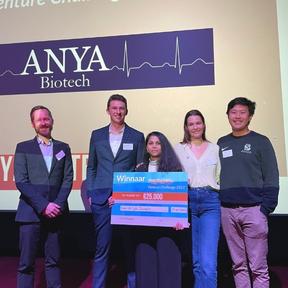

Human heart cells in a culture dish
In order to study the human heart without using animals, the researchers at Anya Biotech use human induced pluripotent stem cells (hiPSCs).
What are human induced pluripotent stem cells (hiPSCs)?
Human induced pluripotent stem cells (hiPSCs) are stem cells reprogrammed from human cells such as skin cells or blood cells. A Japanese researcher, Dr. Shinya Yamanaka’s group first generated hiPSCs in 2007 and this work was awarded the Nobel Prize in 2012. hiPSCs are tremendously valuable in biomedical research as they can be instructed to become many cell types of the human body such as heart cells or brain cells. Such cells can be used to create mini human organs in a dish that can potentially replace animal testing. hiPS cells can also be generated from patients, to create cells or tissues containing patient’s genetic information and other characteristics which allow researchers to develop patient specific treatments.
We take cells from both healthy individuals as well as patients with heart diseases, and reprogram their stem cells to become heart muscle cells. We can even generate different types of heart muscle cells such as atrial and ventricular cells. This research enables Anya Biotech to recreate aspects of the human heart in a dish and we use this technology to discover new medication and treatments for life-threatening heart rhythm disorders.
The process of developing new medicines involves first the identification of targets that can be used to develop a drug against and second, models where the drug can be tested to demonstrate its effect. This phase of drug development is called the preclinical phase, where animals like mice and dogs are frequently used. The advanced human models created by Anya Biotech will provide superior alternatives to these animal models and therefore help drastically reduce and one day even replace the use of animals in preclinical heart research.
We are beyond excited to have won the 2022 edition of the Proefdiervrij Venture Challenge. Participation in this program has given us a strong foundation for translating our state-of-the-art science into a biotech venture and we are very much looking forward to take it further.
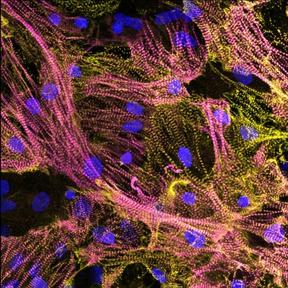
Disappointing animal experiments
When I was a master student – Harsha explains – I was working on a research project using mouse models to understand the function of a specific gene. Despite a lot of experiments in which we used many, many animals, we were unable to find a clear correlation between the gene and the disease it was expected to cause, which was very disappointing.
I then wondered if such experiments could be done in non-animal alternatives. Around this time, I attended a lecture by Prof. Christine Mummery at Edinburgh University. I was very impressed by the potential of human pluripotent stem cells. These cells allow us to construct models that imitate human organs and also eliminate ethical and practical issues associated with using animals for research.
I think that Proefdiervrij is doing great work and is growing from strength to strength in supporting researchers working on animal free innovations.
Proefdiervrij is doing great work in animal free innovations
Proefdiervrij is doing great work and is growing from strength to strength in supporting researchers working on animal free innovations. It is this unwavering commitment of Proefdiervrij that motivated me to work with them. Importantly, if we want to make sure that animal-free alternatives are widely adopted and if we want to bring change at a societal level in supporting these efforts, partnerships with organizations such as Proefdiervrij are extremely valuable.
My experience in working with Proefdiervrij has been extremely positive. The team at Proefdiervrij is always eager to think along and actively supports researchers, through funding or by connecting them with their valuable network. Proefdiervrij also effectively communicates research projects to the public and other stakeholders, and it is a great way of engaging a wider audience in animal free alternatives for research.
I see a bright future for animal free innovations and with persistence towards achieving this goal, we will eventually be able replace animal models in a number of research areas.
My dream for animal-free innovation in the future
In the last 10 years there have been great advances in developing cell types that resemble human organs. And I believe that the next 10 years will be critical in using these cell types and tissues to solve real world problems, like creating new treatments and improving quality of life of patients. Furthermore, computational models are also being developed that will change health care for the better. All in all, I see a bright future for animal free innovations and with persistence towards achieving this goal, we will eventually be able replace animal models in a number of research areas.
For our work at Anya Biotech, I hope that in 10 years we have established well validated human in vitro models (human cells in a culture dish) that will be the norm in heart research rather than the exception. This would mean that we can focus our efforts entirely on understanding the basis of heart disease and finding new treatments faster. I also expect that our research will move towards incorporating racial, ethnic and gender diversity as well as genetic profiles to make precision medicine a reality.
Harsha and the Anya Biotech team inspire us, and more importantly, others. They prove that animal-free science has the future. Thank you Harsha, for taking the time to answer our questions! We wish Anya Biotech all the best with their wonderful work and together we can increase our impact towards a world without animal testing.


